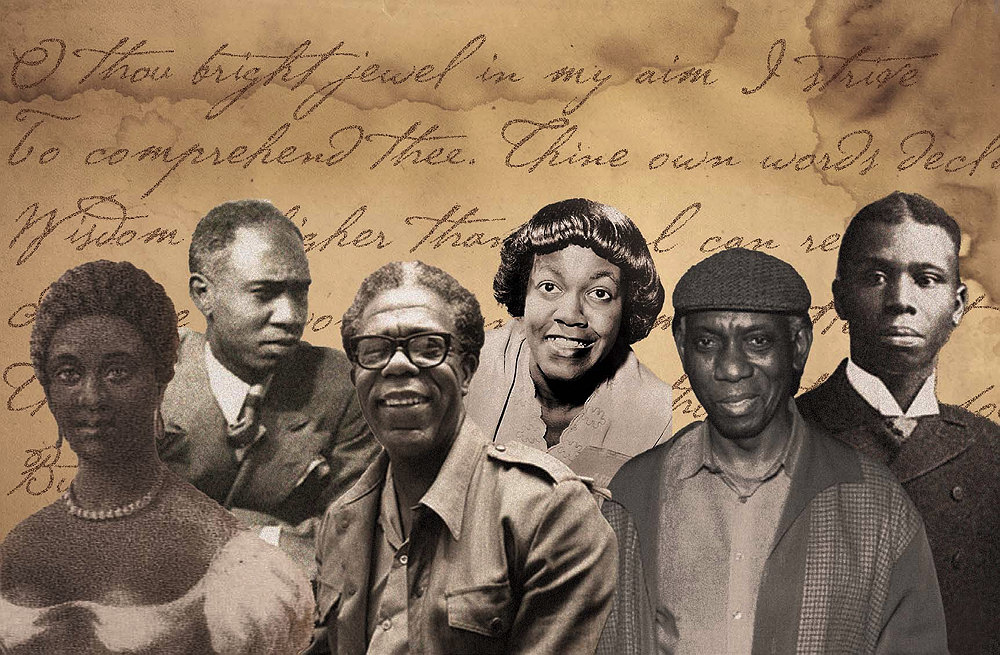(ThyBlackMan.com) When they came to Jesus, they saw the man who had been possessed by the legion of demons, sitting there, dressed and in his right mind; and they were afraid. Mark 5:15
Somewhere in your worship experience you may have heard the phrase “clothed in my right mind or “enclosed in my right mind.” The correct phrase is “clothed and in my right mind.” This specific phrase is found in Mark 5:15. Jesus met a man who acted crazy because an evil spirit lived in him. The man would run around naked and act weird. Jesus made the evil spirit leave the man, so the man got dressed and sat quietly. The people who knew the man were surprised to find him “clothed and in his right mind” instead of naked and acting crazy. This article outlines the role of the church while assisting people battling with substance abuse and mental illness. It also describes the importance of establishing partnerships with professional agencies to assist church leaders with their respective congregations.
Traditionally, pastors were expected to conduct counselling for every circumstance within the church. However, many pastors do not possess the appropriate training or lack the resources needed to combat mental illness. By raising awareness, churches are much more informed and equipped to partner with professional services and personnel for assistance.
Mental health is an area within the African American community that is seldom discussed, especially within the church. According to Dr. Renia E. B. Cobb, Professor of Psychology at Virginia State University, “historically the church has perceived mental illness as being connected to spiritual weakness with origins in one’s lack of faithfulness and moral fortitude. Furthermore, mental illness was demonized. It was asserted that the individual would be experiencing mental illness because they had not prayed and/or sacrificed enough to gain God’s blessings which communicated the message of “you are not good enough.” Subsequently, individuals would mask-up to protect themselves and prevent others from noting their mental illness and its characteristics.”

Mental Health Stigmas
A mental health stigma refers to disapproval, or when people place shame on those who live with a mental illness or seek help for emotional distress, such as anxiety, depression, bipolar disorder, or PTSD. The pressure of mental health stigmas can come from family, friends, coworkers, and society on a broader level. It prevents people living with mental illness from seeking assistance, fitting into society, and leading happy and comfortable lives.
Educating Church Leaders
As the church focuses on mental wellness, it must prepare its leaders to recognize mental health symptoms and how to refer members to mental health professionals rather than attempting to “counsel” them themselves. Clergy leaders must understand that mental health conditions are just as real as physical health conditions, and that it is likely that several families in their congregations may be experiencing mental health challenges. A few contributing factors include, unemployment, excessive worry or fear, loneliness, childcare, remote learning, and family finances. By having patience and understanding, leaders must be realistic in its expectations.
Initially, there will be some resistance or reluctance on the part of some congregants to submit themselves to the care of mental health practitioners, because of associated stigmas and the inability of the individual to realize their state of being. The individual is usually the last one to admit they need care. In some cases, there will be pushback, displays of anger and possibly a persecution complex. Again, patience and tolerance will be needed on the part of clergy, lay leaders and most assuredly the congregation.
Establishing Partnerships
Creating and maintaining partnerships with community health providers increases the probability of success. It is important for our church communities to investigate and engage the resources that are available to our communities. If we are to strengthen the role of the church in promoting mental wellness, we must do more than say, “I’m praying for you.”
Many churches employ or utilize their facilities to host professional counseling services and are willing to make the services available to other neighborhood churches. An earnest investigation of what is available will likely produce other opportunities for churches to promote mental wellness in their congregations which may enhance the church’s ability to go and make disciples. Also, local churches can host conferences inviting local church pastors to strengthen their leadership skills and provide strategies on identifying and assisting members who are living with mental health and substance abuse problems.
When making referrals, please note that Christian counseling is distinct from secular counseling. Christian counseling strives to achieve a biblical based outcome. It seeks to identify a pattern of “sin” to discover the unresolved and continues to burden one’s life. Whereas, secular counseling strives towards a secular, non-spiritual outcome.
Services provided by these organizations include group counseling and training. One example a church addressing substance abuse and alcoholism issues is by opening church doors to Alcoholics Anonymous (AA) and other 12-step groups. These efforts are an important witness and a measure of Christian hospitality to people struggling to achieve recovery.
Professional Counseling Services
September was National Alcohol and Drug Addiction Recovery Month. Recovery Month celebrates the gains made by those in recovery, just as we celebrate health improvements made by those who are managing other health conditions such as hypertension, diabetes, asthma, and heart disease. This observance reinforces the positive message that behavioral health is essential to overall health, prevention works, treatment is effective, and people can and do recover.
There are several professional counseling services that lay leaders can use, below are two faith-based organizations that partner with churches. recommendations:
RU Recovery Ministries: RU Recovery Ministries is a faith-based recovery program bringing transformation to people and communities everywhere. They offer local meetings, residential discipleship facilities, online resources, as well as ongoing research into the efficacy of their programs.
Celebrate Recovery: Celebrate Recovery focuses on substance misuse.
Substance Abuse and Mental Health Services Administration (SAMHSA): A government organization under Health and Human Services that partners with Faith-based organizations to provide mental health services, substance abuse prevention, and addiction treatment.
Conclusion
The church has a major role in assisting members to cope with mental health issues. Fellow church members could be the first to identify a problem, a change in behavior or some external trigger. Church leaders are encouraged to get involved and get involved early. Leaders must familiarize themselves with organizations and community resources at their disposal that are designed to assist their respective congregations. Let us do what Jesus would do and ensure that our congregations are all “clothed and in their right minds.”
Written by Rev. Dr. Larry E. Thompson, Rev. Dr. James A. Cobb, Rev Henry L. “Charlie” Sanders Jr, and Deacon Glenn Davis




















Leave a Reply